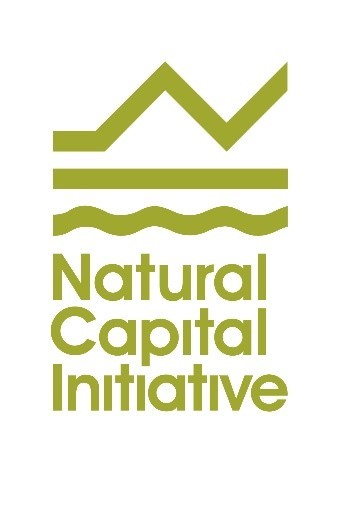Natural Capital Initiative
Natural Capital Initiative
Spring newsletter 2021
This spring we been thinking and talking about the Dasgupta Review on the economics of biodiversity and what it means for the science and policy communities. The NCI has offered its natural capital priorities for coping with change while we wait for the “super year for nature” to pick up speed again. Please read our pick of the news from the NCI and our partners and friends below.  NCI news Natural capital priorities for coping with change NCI news Natural capital priorities for coping with changeWhat is needed to build back greener and reach Net Zero with benefits to nature? Read our 8 natural capital priorities and key questions for science, policy and business from the NCI dialogue with Sir Ian Boyd, Ben Combes and Dr Laura Bellingan. How can humanity sustainably engage with nature? Dr Ruth Waters from the Dasgupta Review joined us to discuss the main messages from the Dasgupta Review on the economics of biodiversity. Please listen to her talk and Q&A with the science community. Can we capture the moment? The Dasgupta Review calls for change in how we measure economic success. Our blog discusses what it takes to turn transformative economic thinking into meaningful political and financial action. News from our partners Why philosophers and scientists should work together Scientists can benefit from philosophers’ big-picture projects on how science works, so why don’t they? Dr Rachel Brown discusses the philosophy of science and breaking interdisciplinary barriers in The Biologist. Improved management of farmed peatlands could cut 500 million tonnes of CO2 Substantial cuts in global greenhouse gas emissions could be achieved by raising water levels in agricultural peatlands, according to a study in Nature led by the UK Centre for Ecology & Hydrology. Landscapes Podcast: The Dasgupta Review The James Hutton Institute’s Adam Calo interviews environmental social scientists Dr Janet Fisher about the Dasgupta Review in his podcast with the UKRI Landscape Decisions Programme. Other news Nature-based solutions for climate change in the UK The British Ecological Society is launching a comprehensive report on the potential of nature-based solutions in the UK in a free event on 12 May 2021. Associations between green/blue spaces and mental health across 18 countries Happiest countries are those most connected to nature, according to a Blue Health study by Mathew White et al. in Scientific Reports. Reflections on the Dasgupta Review on the Economics of Biodiversity Can the Dasgupta Review change mainstream economics? Prof. Ben Groome and Zachary Turk discuss the economics of biodiversity and the limits to growth in Environmental and Resources Economics. New major study shows importance of nature in hitting net zero Natural England study reviews carbon storage impact from England’s habitats, including native woodlands, saltmarshes, grasslands, heathlands and peatlands Natural capital for biodiversity policy: what, why and how? Capitals Coalition paper explains what natural capital is, why it is relevant for biodiversity policy, and how it can help to achieve the global goal to be carbon neutral, nature positive and equitable. Protecting the ocean delivers a comprehensive solution for climate, fishing and biodiversity A new study in Nature identifies marine areas that, if strongly protected, would help solve climate, food and biodiversity crises. Growing support for valuing ecosystems will help conserve the planet The idea that ecosystems have monetary value now has global support — and creates a route to protecting Earth’s endangered regions. UN adopts landmark framework to integrate natural capital in economic reporting The United Nations has adopted a new framework that includes the contributions of nature when measuring economic prosperity and human well-being. Contact us Please keep in touch with your news and ideas by emailing Minna Hartikainen. Follow us on Twitter. The Natural Capital Initiative is a partnership of leading science organisations: Royal Society of Biology, UK Centre for Ecology & Hydrology, and the James Hutton Institute. |
